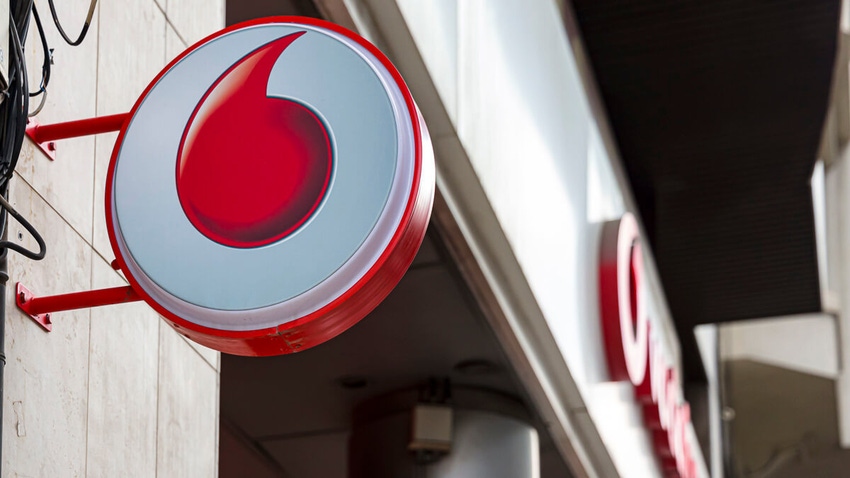EU waves through Vodafone-Three merger, but all eyes are on UK approval
EU approval of the UK merger almost seems a formality as it has little impact on the wider EEA. Approval by the CMA remains pending, however.

News that the European Commission had reached a favorable decision on the proposed merger of Vodafone UK with rival Three UK would have been met with whoops and hollers, no doubt accompanied by the uncorking of a few bottles of bubbly, if this had all taken place before 2020.
As we all know, the UK officially left the European Union on January 31, 2020, although the full impact of the move was not felt until 2021. That means the UK Competition and Markets Authority (CMA) is the primary body in charge of investigating the "anticipated joint venture" between Vodafone Group and CK Hutchison.
It might have been assumed that it's no longer any of the Commission's business whether or not two UK companies decide to merge. However, there is indeed an EC merger case for Vodafone and Three under M.11308, with a notification date of October 30 this year.
On December 7, the Commission then announced it had cleared the creation of a joint venture, noting that the transaction "relates primarily to the mobile telecommunications market in the UK" and had "limited impact on the European Economic Area."
The reason the EC got involved is that the activities and turnover of the parent companies are taken into account. Vodafone of course has several businesses in the European Union, although it is in the process of selling its Spanish operations to Zegona and is exploring options for its Italian business.
CK Hutchison also operates in a number of EU markets, such as Austria, Denmark, Ireland, Italy and Sweden. Despite the exposure of the parent companies, the EC nevertheless decided that a UK merger was nothing to worry about from its perspective.
CMA remains tight lipped for now
The CMA may have a different view, of course. Indeed, the authority has already started proceedings by inviting "interested third parties to comment on the impact that the merger could have on competition in the UK, in advance of launching a formal investigation once it has received the information it needs from the merging companies."
Comments were to have been submitted by November 1, after which the CMA can start a formal Phase 1 investigation, potentially followed by a more in-depth Phase 2 merger investigation. As things stand, the authority has yet to provide an update on the comments it has received and it remains an open question as to whether or not the merger will ultimately be approved.
In the meantime, Three UK and Vodafone continue to plug the merger in any way they can, including commissioning reports to highlight benefits such as a faster rollout of 5G standalone (SA) networks.
Citing economic modelling carried out by WPI Economics on behalf of Vodafone, Ahmed Essam, CEO of Vodafone UK, said the proposed merger "will mean we have the scale to accelerate investment to bring benefits to businesses and consumers sooner rather than later. We have committed to £11 billion [$13.83 billion] of investment to deliver 5G standalone across the UK."
More recently, Vodafone and Three commissioned consultancy firm Compass Lexecon to evaluate studies on the effects of mergers in other markets that have reduced the number of in-market mobile network operators from four to three.
It comes as little surprise that the evaluation found almost no evidence to suggest such mergers harm consumers. It said the mergers "typically" had "no effect" on prices; appeared to improve mobile service quality; and led to better value for money.
The EC has investigated seven four-to-three mergers between MNOs in Europe and the UK since 2010. It is currently probing the planned merger between Masmovil and Orange in Spain.
As noted by Compass Lexecon, regulators' stance with respect to horizontal MNO mergers has hardened substantially over time, as illustrated by the prohibition of the CK Hutchison's proposed acquisition of Telefonica (O2) UK.
Meanwhile, Vodafone and Three remain hopeful that the CMA will agree with their assessment of the situation: that two sub-scale MNOs will find it difficult to exist as standalone entities in view of competition from BT/EE and Virgin Media O2.
Vodafone Group CEO Margherita Della Valle recently said she expects the UK merger to close before the end of December 2024. Vodafone would then own 51% of the combined business and CK Hutchison 49%.
Read more about:
EuropeAbout the Author(s)
You May Also Like












